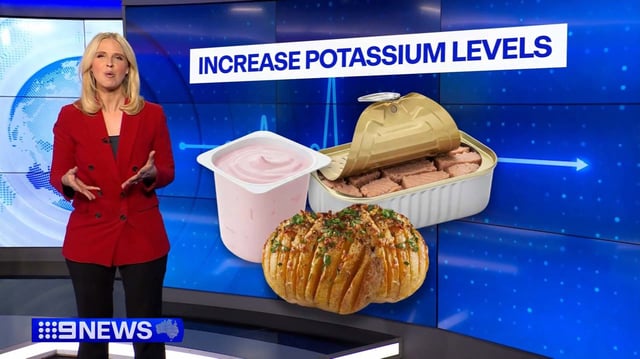Overview
- POTCAST investigators enrolled 1,200 Danish patients with implantable cardioverter defibrillators and reported results at the European Society of Cardiology congress in Madrid.
- The potassium‑raising strategy cut the composite of irregular‑heartbeat hospitalisation, heart‑failure admission or death by about 24% versus usual care.
- Mean serum potassium rose from under roughly 4.3 mmol/L to about 4.5 mmol/L in the intervention arm, targeting the high‑normal range.
- Event rates favored higher potassium: 6.7% vs 10.7% for arrhythmia hospitalisation and 3.5% vs 5.5% for heart failure.
- Interventions emphasized potassium‑rich foods such as bananas, spinach and avocados, used supervised supplements or mineralocorticoid receptor antagonists when needed, and carried cautions against unsupervised supplementation or use in people with impaired kidney function.



